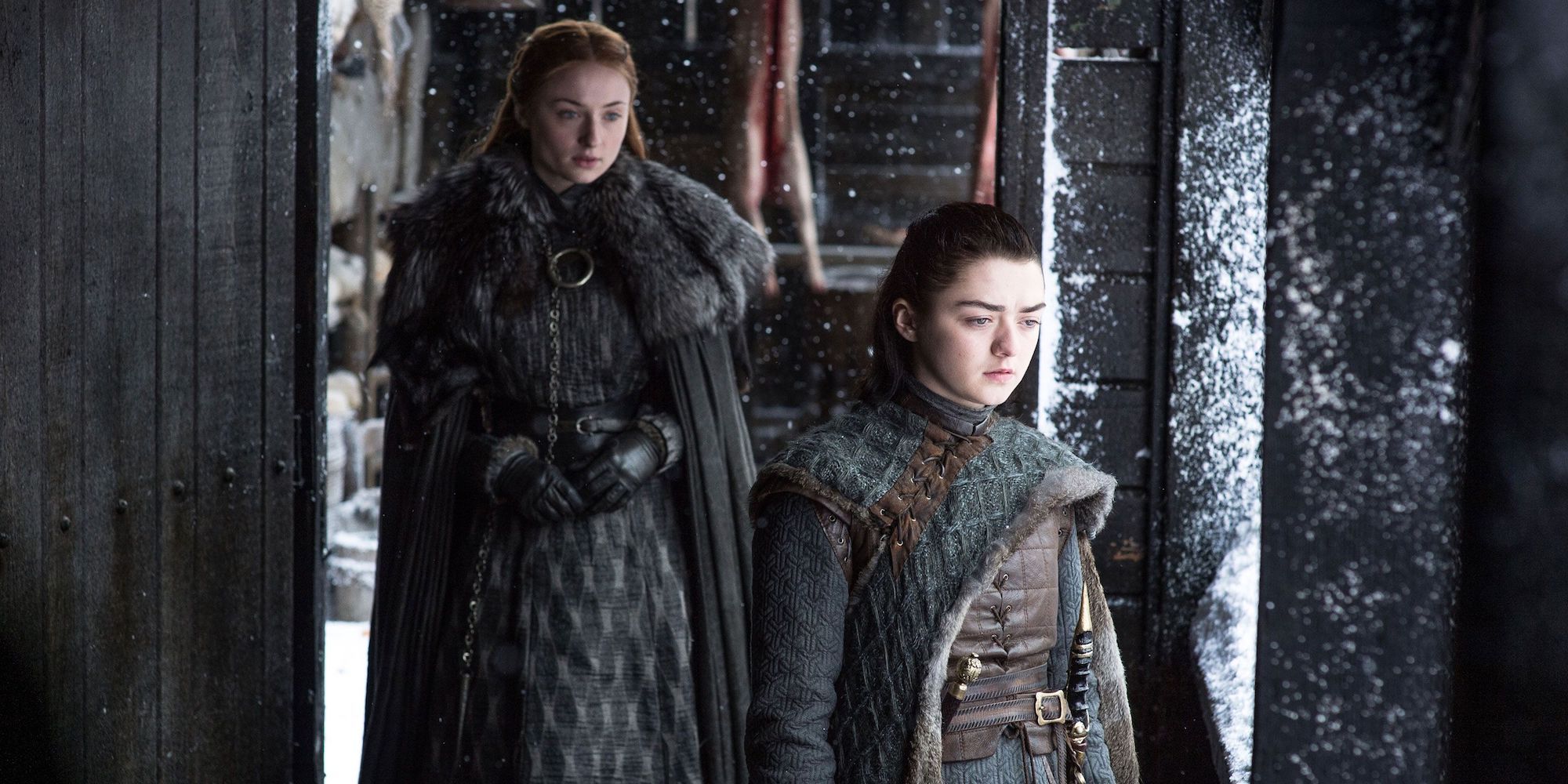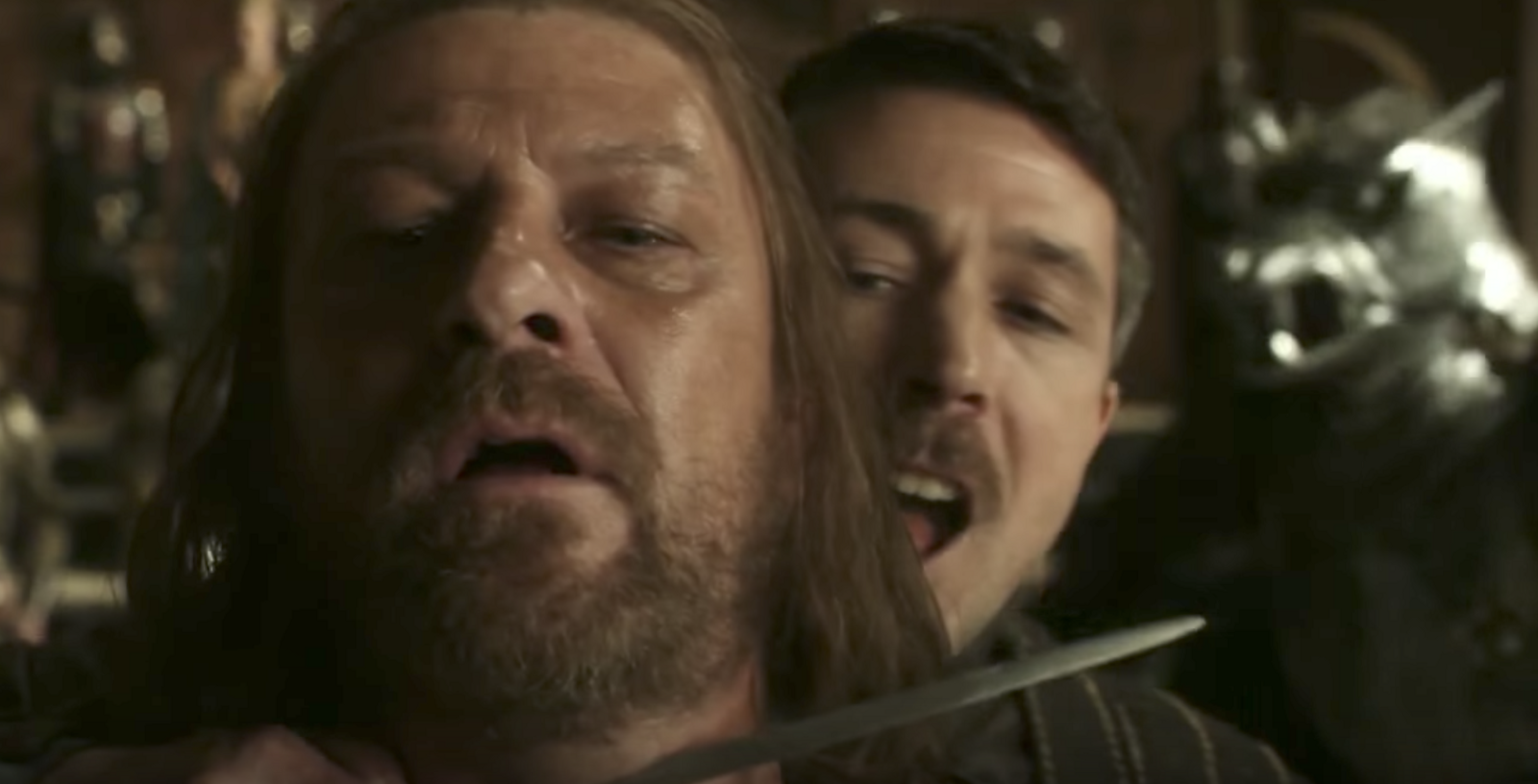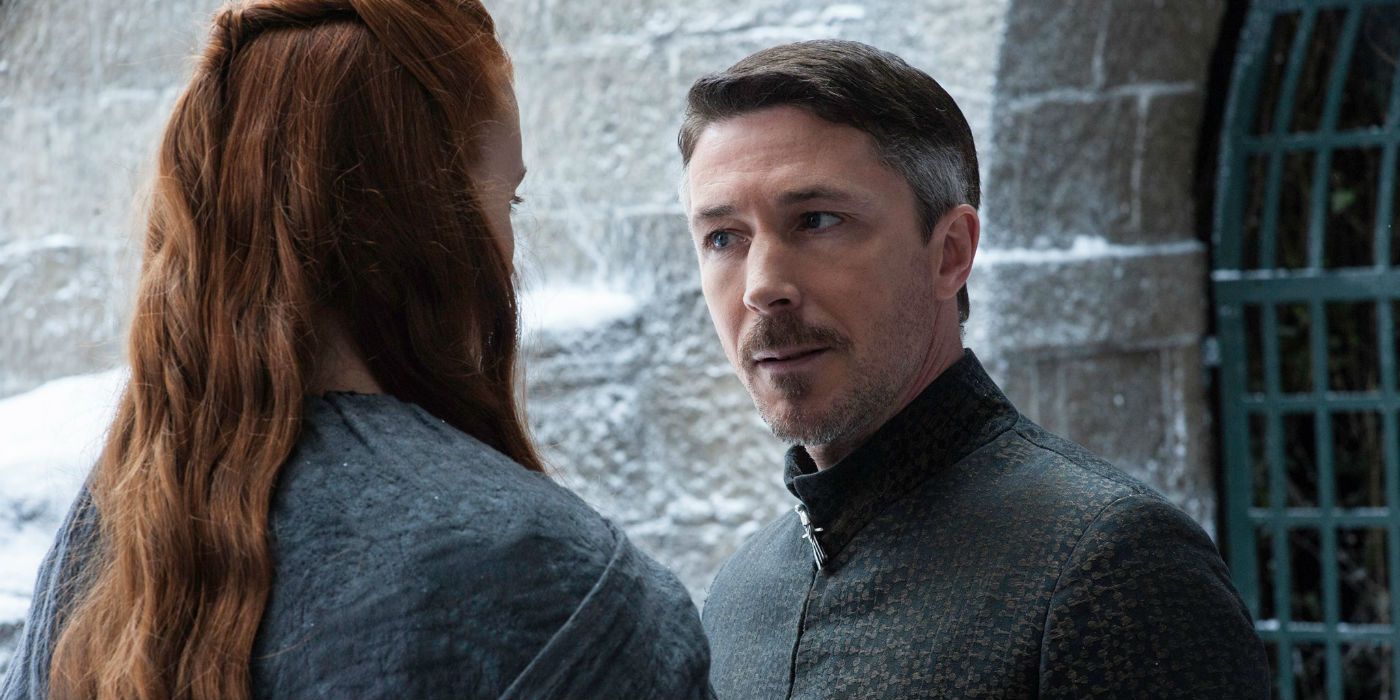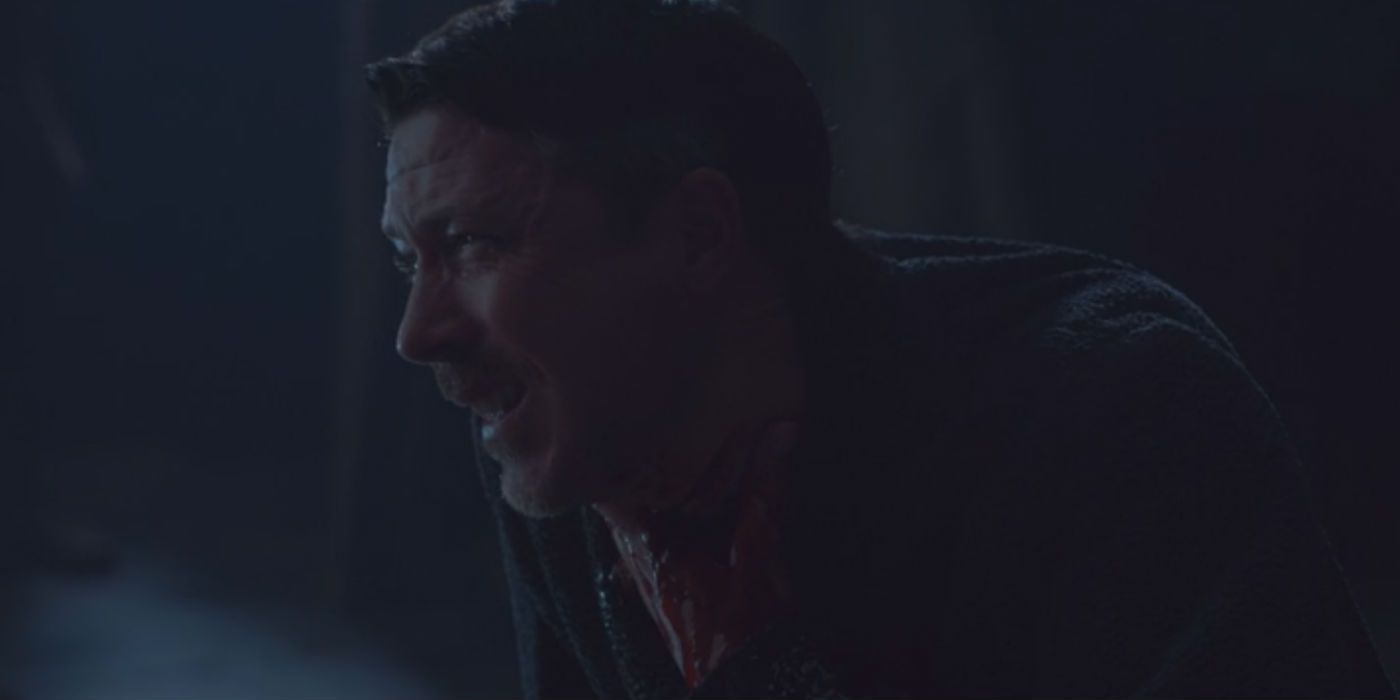Warning: SPOILERS for Game of Thrones season 7 ahead
-
The season 7 finale of Game of Thrones has come and gone, thrilling viewers with some big moments and raising some even bigger questions for its final season. When it returns for season 8, the series will only have six episodes in which to wrap up its epic tale, and that really isn't a whole lot of time. This puts the focus of those final episodes squarely on the biggest threat now looming over Westeros -- the Night King and his army of the dead. So what does this mean for the political machinations and scheming which have been a staple of the series until now?
The answer is obvious -- medieval politics matter very little when ice zombies (and dragons!) are invading from beyond The Wall. It's just as Jon Snow has been arguing all season long: the real war is between the living and the dead, and that war is now here. And if it wasn't obvious enough, as the pace of season 7 ratcheted up and episode after episode featured more spectacle over tense conversations, the death of Petyr "Littlefinger" Baelish was the final nail in the coffin for Game of Thrones being a political drama about achieving power through alliances and betrayals.
This isn't necessarily a bad thing; eventually every story must come to an end, and the end of Game of Thrones was always going to be a clash between the forces of good and the forces of evil -- or as it's displayed in the title of the book series it's based on, A Song of Ice and Fire: a clash between ice (White Walkers) and fire (dragons). Still, losing Littlefinger and his penchant for secret plots does signal a definite shift in a series which first became so popular because of its use of manipulation and betrayal.
All we need do is look over Littlefinger's rap sheet to see, for being a relatively minor character, how integral he's been to most major events in Game of Thrones. To begin with, it was Littlefinger who convinced Lysa Arryn to poison her husband, Jon Arryn, the Hand of the King to Robert Baratheon, and send a raven to her sister, Catelyn Stark, explaining that she suspects the Lannisters of doing the deed. This event is the impetus for the whole series, making Robert seek out Ned Stark for his new Hand. From there, it was Littlefinger who sent the assassin with the catspaw dagger to Winterfell to kill Bran, all the while laying the blame on Tyrion Lannister when Catelyn comes to King's Landing asking questions, claiming Tyrion had the won the dagger from him in a bet. Catelyn then goes on to kidnap Tyrion and take him to The Eyrie to answer for his crimes, a move which infuriates Cersei Lannister and further stokes the animosity between the Starks and Lannisters.
Once in the capital, Littlefinger continues playing Ned and Cersei against each other until the day King Robert is gored by a boar and dies. With the king dead and Ned aware of Cersei's children's true parentage, all Ned need do is reveal the truth and install Stannis Baratheon as the new king of the Seven Kingdoms. But before he can do that, Littlefinger betrays Ned (something that, to be fair, Littlefinger warned Ned could happen), and helps Cersei arrest Ned for conspiring to usurp the throne from Joffrey. It's that turn of fate which leads t0 Ned's beheading -- the event that sends the Starks and Lannisters to war, not to mention the Baratheons, culminating in the War of the Five Kings.
During that war, it's Littlefinger who brokers the deal with Catelyn that if she returns the captured Jaime Lannister, her daughters will be returned to her. He's also there to secure an alliance between the Lannisters and the Tyrells after Renly's murder, leading Margaery to marry Joffrey and later, Tommen. Littlefinger is also implicated in the murder of Joffrey -- a scheme he concocted with another of season 7's causalities, Lady Olenna -- and uses the chaos of that moment to have Sansa Stark whisked out of King's Landing and to The Vale. Once in The Eyrie, Littlefinger marries Lysa and after a few days of wedded "bliss", tosses her out the Moon Door. Killing her outright is almost where he gets caught, but Sansa lies and backs up his story that he only killed Lysa to protect her. Littlefinger then becomes the Protector of The Vale, looking after his young charge, Robin Arryn, and for all purposes ruling in his stead.
In just five seasons, Littlefinger rose from being the Master of Coin on Robert's small council to Lord of Harrenhal -- a title granted him as reward for helping to secure Joffrey's reign -- to eventually controlling the entirety of The Vale. All the more impressive, he managed this short rise to power without armies or dragons but with his wits. Littlefinger displayed an understanding of the people in positions of power, of their wishes and desires, and most importantly, how to play them against each other to create the chaos he saw as necessary to advance his station. Without a doubt, no one ascended the ladder faster than Littlefinger and there was no better player in the game of thrones. As he so famously said to Varys all those seasons ago,
Chaos is a ladder. Many who try to climb it fail and never get to try again. The fall breaks them. And some, are given a chance to climb. They refuse, they cling to the realm or the gods or love. Illusions. Only the ladder is real. The climb is all there is.
In a way, Littlefinger's downfall begins when he ignores his own advice, when he too begins clinging to those illusions. His love for Sansa, for instance, clouds his decision making, and he was so intent on installing her as the Lady of Winterfell that he makes the rash decision of marrying her off to Ramsey Bolton. It isn't entirely clear if he ever knew the true nature of Ramsey, but as Sansa later says when she confronts Littlefinger in season 6, "If you didn't know you're an idiot, if you did know you're my enemy." No matter which is actually true, this is where his climb up the ladder ends. If he didn't know just who Ramsey was, he failed in gathering the necessary information, and if he did know, then he failed at being able to manipulate the situation to create the kind of chaos necessary for him to keep climbing.
By the time Game of Thrones reaches season 7, there's no where for Littlefinger to go. He lingers at Winterfell, whispering in Sansa's ear, trying to pit her first against Jon and then against Arya. None of this scheming works because the Starks aren't interested in his political machinations. Even Sansa, who has learned a great deal under his tutelage, cannot be swayed with promises of ruling Winterfell for herself. Unlike Littlefinger, she values loyalty and family above advancing her position. And as we saw in the finale, all of Littlefinger's plotting ends in a slash across the throat.
With Littlefinger's death, Game of Thrones is signalling to audiences it's finished with backroom deals and secret schemes. As the best player in the game of thrones, the odds were good Littlefinger could have seen his plan through to the end, even as he foolishly dreamed of one day sitting upon the Iron Throne himself. But once dragons and zombies and zombie dragons factor in, there's really no more room for a sly manipulator who hungers for power. Season 8 may still include a bit of political intrigue as Cersei desperately clings to her power and once the truth bomb that Jon and not Daenerys is the true heir, but it will never again equal the power plays and plots that brought Game of Thrones's narrative to where it is now.




